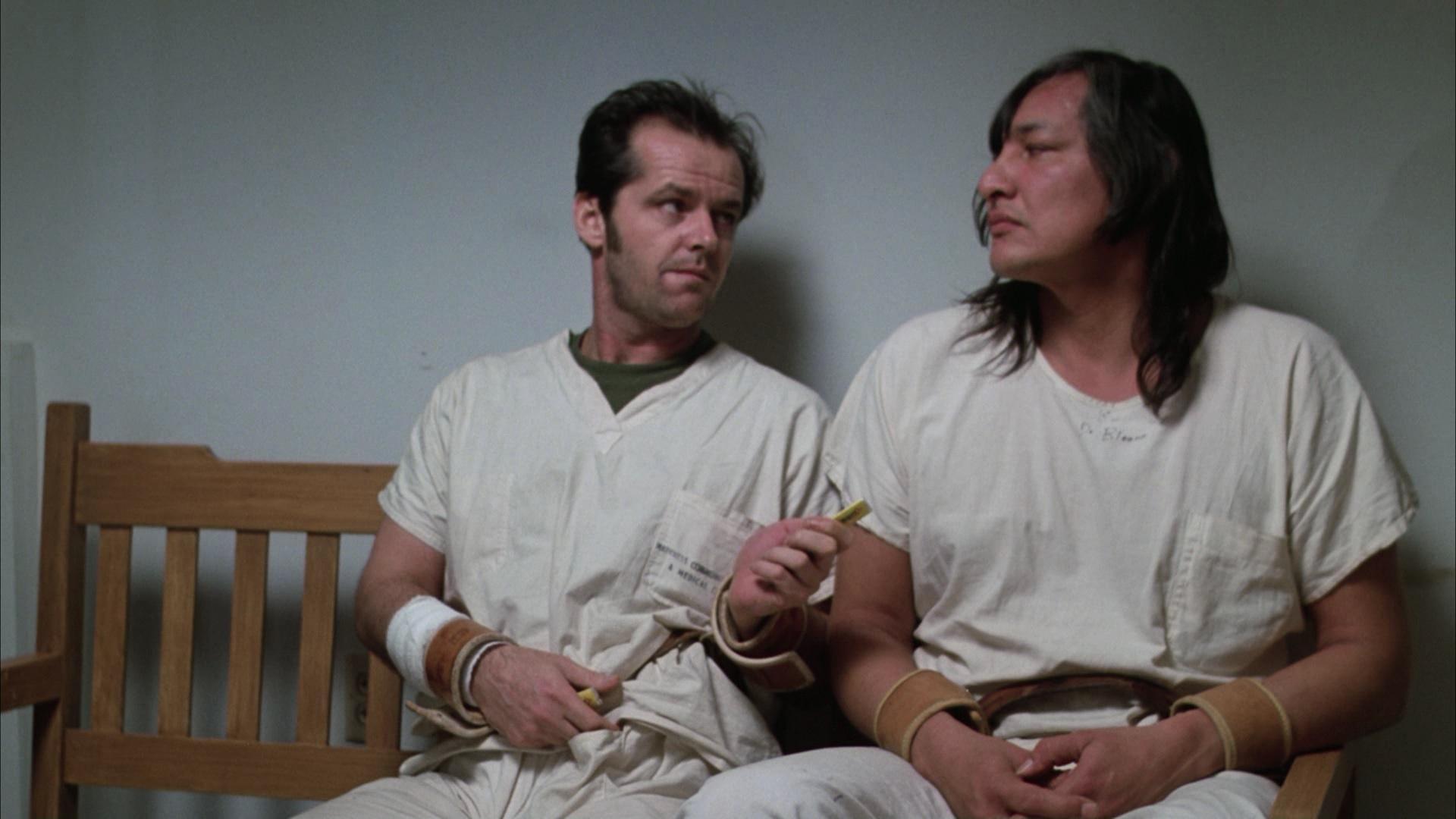
He speaks with great enthusiasm about the talented crew of people he worked with on this feature: actors Paulo José, Marília Pêra and Vick Militello, editor Sílvio Renoldi, screenwriter Orlando Senna and cinematographer Lauro Escorel, whom he credits, along with Jorge Durán, as his “real professor of film.” Throughout the interview, Babenco outlines his working process, the inescapable relationship many of his films have to politics, his experience casting and directing actors, and how living with non-Hodgkin’s lymphoma affected his creative endeavors. Referencing the films of Glauber Rocha, Nelson Pereira dos Santos and Walter Lima Jr, he states it was a desire for more melodrama in Brazilian cinema that compelled him to make his first feature film, O rei da noite ( King of the Night, 1975). He lived in France, Belgium, the Netherlands and Spain before settling in Brazil, where he began making shorts and documentaries.

He discusses his love of literature and recounts his first experiences of the film industry, the strong cinema-going culture present in Argentina, working as a hotel concierge during the Mar del Plata festival, his early introduction to the films of Michelangelo Antonioni, Ingmar Bergman and Jean- Luc Goddard, and working as an extra in A Man for All Seasons (1966).īabenco chronicles his move to Europe at the age of 17, a decision he says was inspired by watching a production of Tennessee Williams’s The Glass Menagerie.

He shares his memory of fleeing with his family to São Paolo, where they ended up living for a number of years before returning to Argentina in 1956. He describes his upbringing as being governed by fear and hostility and talks about the importance of Jewish cultural identity. Hector Babenco begins by talking about his early childhood in Quilmes, a suburb of Buenos Aires that was predominantly an ex-Nazi neighborhood. It is a co-production with the Getty Foundation’s Pacific Standard Time: LA/LA initiative and is part of the project From Latin America to Hollywood: Latino Film Culture in Los Angeles 1967-2017.

Hector Babenco is interviewed by Mateus Araujo at Babenco’s home in São Paolo, Brazil, on March 25, 2016.


 0 kommentar(er)
0 kommentar(er)
